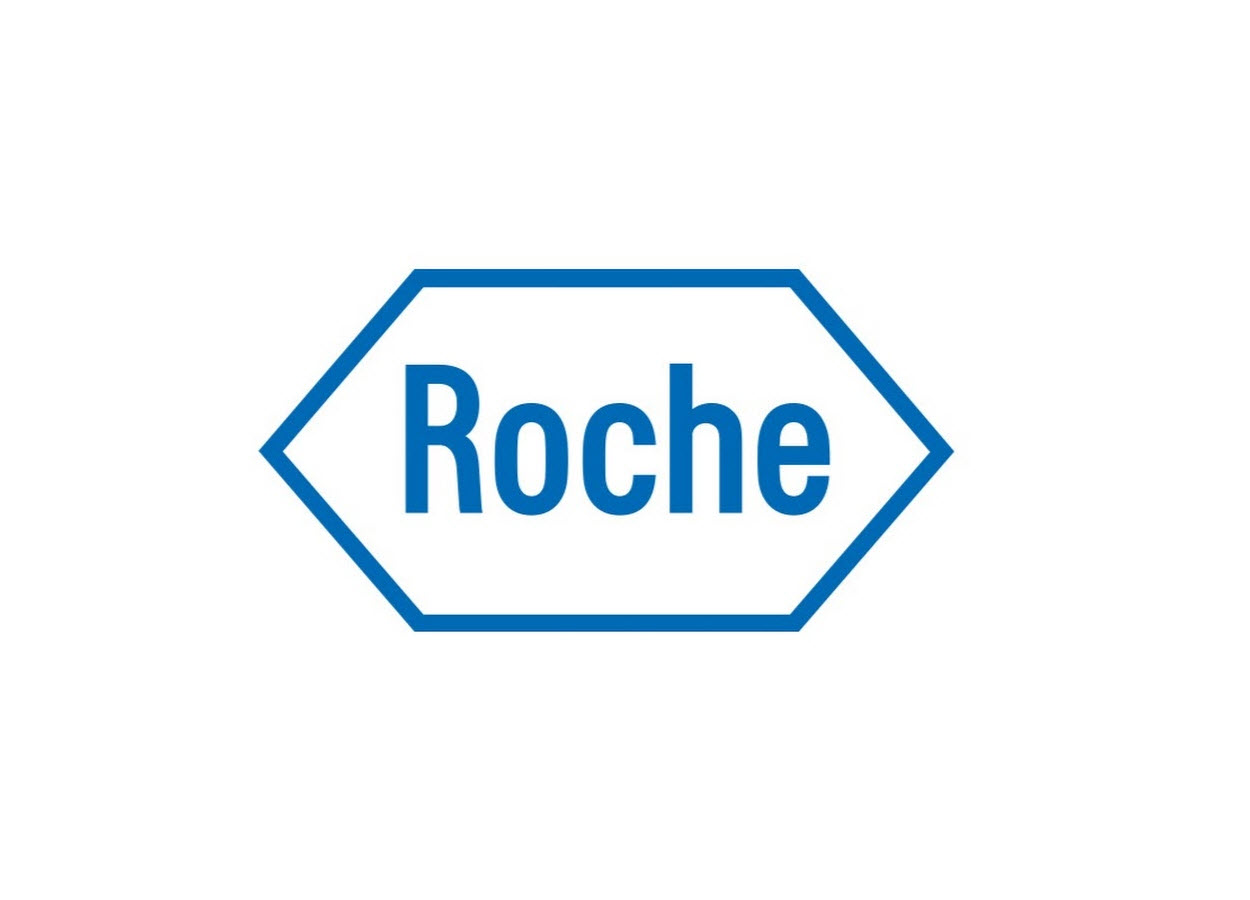
Roche announced that it presented the latest results from three Phase III studies from the Tecentriq® (atezolizumab) clinical development programme in triple-negative breast cancer (TNBC) at the European Society for Medical Oncology (ESMO) Virtual Congress 2020.
“While we have made great progress in the treatment of many forms of breast cancer, TNBC remains an aggressive and difficult-to-treat disease,” said Levi Garraway, M.D., Ph.D., Roche's Chief Medical Officer and Head of Global Product Development. “We are proud of our work to address challenges and advance scientific understanding of cancer immunotherapy in the context of distinct chemotherapy regimens and in various TNBC treatment settings. Although the IMpassion131 study did not reach its endpoint, we are pleased to bring new treatment options for some TNBC patients, and remain committed to improving the lives of all women with early and advanced stages of this disease.”
Results from the Phase III IMpassion031 study, evaluating Tecentriq in combination with chemotherapy (Abraxane®, albumin-bound paclitaxel; nab-paclitaxel; followed by doxorubicin and cyclophosphamide) in comparison to placebo plus chemotherapy (including nab-paclitaxel), demonstrated a statistically significant and clinically meaningful improvement in pathological complete response (pCR) for the treatment of people with early TNBC, regardless of PD-L1 expression. pCR was observed in 57.6% (95% CI: 49.7–65.2) of patients treated with Tecentriq in combination with chemotherapy, an increase of 16.5% from 41.1% (95% CI: 33.6–48.9) in patients treated with placebo plus chemotherapy (one-sided p=0.0044, significance boundary = 0.0184) in the intention-to-treat (ITT) population. The safety profile was consistent with the established profile of the individual drugs and no new safety concerns were identified.
The IMpassion031 study is the second positive Phase III study from Roche demonstrating the benefit of Tecentriq in TNBC, and the first Tecentriq study to demonstrate benefit in early TNBC. Tecentriq in combination with nab-paclitaxel is currently approved in more than 70 countries worldwide, including the US and across Europe, for the treatment of adults with unresectable locally advanced or metastatic TNBC in people whose tumours express PD-L1 (IC≥1%).
The final overall survival (OS) analysis of the Phase III IMpassion130 study, evaluating Tecentriq in combination with nab-paclitaxel, compared with placebo plus nab-paclitaxel, as a first-line treatment for patients with metastatic TNBC, was consistent with the first and second interim analyses. There was no significant difference in OS between the treatment groups in the ITT population. Clinically meaningful improvements in OS were seen with Tecentriq plus nab-paclitaxel in PD-L1-positive patients. The magnitude of OS improvements with Tecentriq in PD-L1-positive patients remained clinically meaningful, with an increase of 7.5 months in median OS with Tecentriq plus nab-paclitaxel, compared with placebo plus nab-paclitaxel (hazard ratio [HR]=0.67; 95% CI: 0.53–0.86). However, this result could not be formally tested due to the prespecified statistical testing hierarchy. The cumulative safety of the Tecentriq plus nab-paclitaxel combination remains consistent with the previously reported safety data for this study and the known risks of individual study drugs. No new safety concerns were identified with longer follow-up.
Finally, results from the Phase III IMpassion131 study, evaluating Tecentriq in combination with paclitaxel, compared with placebo plus paclitaxel, as a first-line treatment for patients with metastatic TNBC, did not show significant improvement for progression-free survival in the PD-L1-positive population (HR=0.82; 95% CI: 0.60–1.12). The OS data showed a negative trend; however, the study was not powered for the secondary endpoint of OS, and OS data were immature at time of analysis (initial HR=1.55 [95% CI: 0.86-2.80] in the PD-L1 positive population, based on 21% of patients with an event; updated HR=1.12 [95% CI: 0.76-1.65]), updated analysis based on 41% of patients with an event). The safety profile of Tecentriq plus paclitaxel was consistent with the established safety profile of the individual study drugs and no new safety concerns were identified.
Roche has an extensive development programme for Tecentriq, including multiple ongoing and planned Phase III studies across several types of lung, genitourinary, skin, breast, gastrointestinal, gynaecological and head and neck cancers. This includes studies evaluating Tecentriq both alone and in combination with other medicines.













